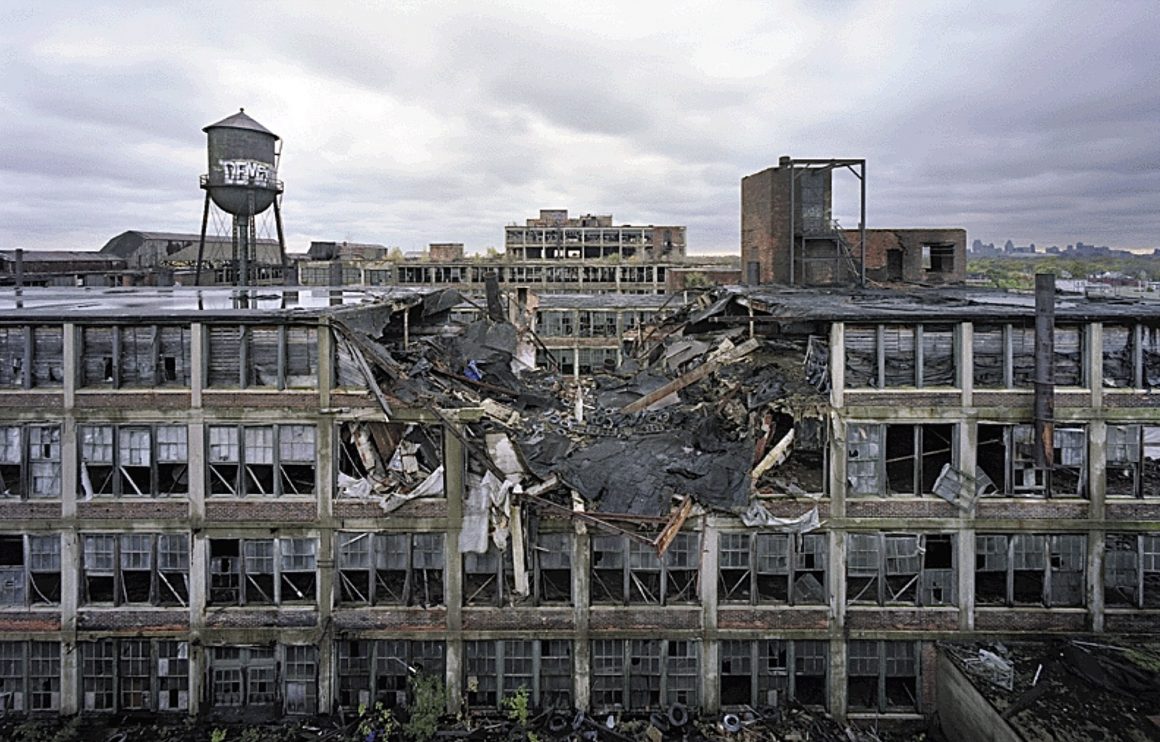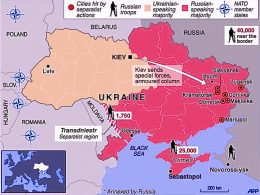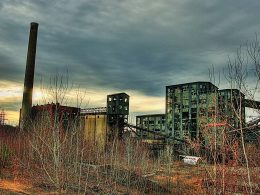The structural inequality within our economy is so pronounced, and so deeply built into the system, that when you enter the workforce in today’s United States, you’re in all likelihood not going to be doing anything that truly helps the economy. That builds wealth for your community, and makes your living standards able to go up in the long term. You’re going to be working in a service-based economy that, beyond its chain restaurants and retail stores, has occupations which even more clearly represent “bullshit jobs.” Work that you’re able to recognize as absurd and pointless because you know that no matter how much you sacrifice for it, you’re not fulfilling a productive role. The vast majority of U.S. workers aren’t making goods, or building infrastructure, or doing anything else that betters society in the macro sense. They’re only acting as middlemen for corporations that no longer see the prosperity of imperialism’s center as in their best interests.
We’re still better off than the workers in the neo-colonies, yet that’s not any comfort to us, nor should it be. Because not only is a global economy set up to hyper-exploit most of the population ethically appalling, it’s a situation that’s designed to ultimately doom the workers in both the peripheries and the core. The destruction of our living standards has been instrumental to the intensification of neo-colonial exploitation, as well as the other way around. When the U.S. was deindustrialized, the corporations became able to ship more jobs into the poor countries, which they claimed would be mutually beneficial but in reality has destroyed both the American and Mexican economies. As Washington’s wars have expanded, the campaigns to bomb, drone strike, and occupy the formerly colonized world have been made possible by the dismantling of our social welfare system. Greater unemployment and austerity in the core have been necessary for greater militarist violence and wage slavery in the peripheries.
When we see this big picture, the conclusion to come to is that the workers in the core and the peripheries are not at odds but share the same interests. Class oppression impacts both of us, only in different ways given our distinct roles within the workings of global capitalism. So global proletarian victory is best for both of us. Naturally, the way the progression towards this victory is unfolding increasingly takes on a symbiotic nature regarding the core and peripheral communist movements. As much as we need their struggles against U.S. imperialism to succeed, they need our struggle against the capitalist dictatorship in the core to succeed. And fittingly, the route towards our class struggle’s success depends on our reversing the damage that global capitalism did to our industry.
The way to eliminate the poverty of our conditions is by revitalizing the industry that was shipped away. This revival will be compatible with the effort to bring down emissions, because it will be a green industrialism. An initiative to create millions of jobs by building high-speed rails that let us give up car dependency, and by building alternative energy sources. These sources won’t have to primarily consist of solar and wind, though since China is leading in solar panel production, they could have a big role within socialism. The green energy initiative will have to largely consist of nuclear, because that’s by far the most efficient green energy source and its advancements over the last several decades have made it into something genuinely green.
These industrial projects alone will improve our circumstances immeasurably, and when added to the other productive facets that we’ll have to re-embrace to be able to function without depending on imperial extraction, they’ll completely transform our society. They’ll give spectacular vitality to all the communities that under capitalism have been forced into mass drug addiction, gang rule, and a paradigm of violent criminality. The way to fix these places isn’t with more policing (though some policing will be necessary for stopping the remaining gangs after the revolution), it’s with a fundamentally new economic order. An order where those shoved to the economy’s margins are proletarianized, so that they can help build one of the most powerful economies on the planet. Not one with illusory power based in financial schemes, like our present one, but an actually productive system that creates tangible wealth.
In the long term, what this developmental project aims to bring is the abolition of work, at least most kinds of work. Because if the technology exists to make most work obsolete, it makes sense to use that technology, and let society progress to a stage where humanity gets freed up in an unprecedented way. The indispensable step prior to that, especially while our society is recovering from upheaval, is a great proletarianization. It’s like how even though the end goal of communists is to put an end to war, the only way to end war is by ending class society. Which requires waging wars against the forces holding back the progression towards that outcome.
Our task of abolishing class in what’s now the imperial center will heavily involve both proletarianization and war, because the core is a place where contradictions are extreme in multiple categories and require an epic project to be rectified. The industry we’ll need to build will have the purpose both of bringing up living standards, and of cultivating a socialist military machine. A machine that’s capable of first defeating the fascists, the fighting wing of the ruling class, then the remaining threats to the revolution’s interests within the continent. Namely the Canadian government, which will represent an obstacle to the fulfillment of our revolutionary project on a continental level. From the earliest stage of this revolutionary campaign, industry will be vital; industry of some kind is instrumental even for a guerrilla war.
This isn’t to say mass actions, like strikes, won’t also be vital to defeating the capitalist state. The responsibilities of the cadre members, though, will involve activities that require a war industry, like they have in past successful revolutions.
If these goals sound unrealistic, don’t underestimate the power that an industrialized society is capable of attaining. The USSR couldn’t have defeated the Nazis if it hadn’t solved its own underdevelopment problem, and built a robust industry. China wouldn’t be able to now act as the central force in the anti-imperialist transition if it hadn’t industrialized. We in the core seek to industrialize after our workers revolution. Not so we can revitalize U.S. imperialism, which will obviously be defunct at that point, but so we can eliminate what remains of imperialism on this continent. From the perspective of indigenous liberation, this plan for industrialization and revolutionary war makes practical sense, because invading Canada would be the fastest way to end Canada’s internal imperialism exacted upon the First Nations it occupies.
The problem with the “degrowth” movement is that it’s incompatible with these practical steps towards revolution within North America. Its propagators haven’t considered these aspects of our conditions, the aspects that mandate we utilize industry both for giving us prosperity and for letting us subdue the revolution’s enemies.
The piece of truth the degrowthers use to make their case is one that Engels articulated when he wrote: “Let us not…flatter ourselves overmuch on account of our human conquest over nature. For each such conquest takes its revenge on us. At every step we are reminded that we by no means rule over nature like a conqueror over a foreign people, like someone standing outside of nature—but that we, with flesh, blood, and brain, belong to nature, and exist in its midst.” This basic reality that nature is finite, and will turn against us if we abuse it, is compatible with the socialist agenda for re-industrialization. I’ve described how industry under socialism wouldn’t have to come at the cost of ecological doom, and more compellingly, China has shown this compromise between the two is possible. China has been able to industrialize, then become years ahead of its Paris climate pledges.
The liberals and radical liberals who preemptively oppose this project because it supposedly would guarantee ecological apocalypse haven’t come to this synthesis. The synthesis between the need for protecting the earth, as stated by Engels, and the need for helping an insufficiently developed society via industry, as illustrated by the stories of the biggest socialist projects. The deindustrialization of the United States has been a cruel attack on the country’s working class. Many decades into it, the communities impacted by the destruction are now physically crumbling, their infrastructure and homes sub-standard while their old factories rot. The cure is to rebuild our society through the only means history has shown to be practical.
————————————————————————
If you appreciate my work, I hope you become a one-time or regular donor to my Patreon account. Like most of us, I’m feeling the economic pinch during late-stage capitalism, and I need money to keep fighting for a new system that works for all of us. Go to my Patreon here.








